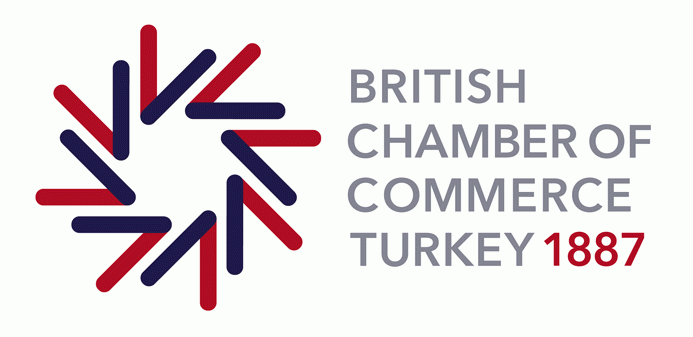Export, trading with Indonesia
A diverse, vast and growing market
Huge and sprawling, the world’s fourth most populous nation is the world’s sixteenth most prosperous and holds huge potential for UK companies. With nearly a quarter of a billion people spread across more than 17,500 islands, the Indonesian archipelago has been a pivotal trading hub since at least the 7th century. These days it has a growing affluent and influential middle class of around 45 million.
Becoming independent after World War II the country has had a turbulent history hallmarked by corruption and natural disasters and peppered with periods of rapid economic change. Its economy all but collapsed in the 1960s and was the hardest hit during the Asian financial crisis of 1997-98.
It consists of numerous distinct linguistic and ethnic groups and a diverse religious mix with communities of Hindus, Buddhists, Muslims and Christians. Indeed Indonesia's national motto is, "Bhinneka Tunggal Ika" ("Unity in Diversity" literally, "many, yet one".)
Indonesia has a mixed economy with both private and government enterprises. A member of the G-20, Indonesia has the largest economy in South East Asia. Within the next decade it is expected to make it into the world top ten.
With a GDP of around $1 trillion, industry accounts for more than 46 per cent of the country’s earnings followed by services at 37 per cent and agriculture at just over 16 per cent. Services account for nearly 49 per cent of employment followed by agriculture at 38 per cent.
Indonesia has generous natural resources, including crude oil, natural gas, tin, copper, and gold. Its key imports include machinery and equipment, chemicals, fuels, and foodstuffs. Major exports include oil and gas, electrical appliances, plywood, rubber and textiles.
In recent years Indonesia’s fortunes have improved significantly with growth averaging six per cent a year spurred on by improvements in domestic consumption and the banking sector. In 2011 growth reached 6.5 per cent and yet the country still has unemployment of seven per cent with nearly a seventh of its population living below the poverty line. Nevertheless it continues to outperform most of its neighbours.
Indonesia is one of UK Trade & Investment’s 17 high growth markets. UK exports to Indonesia in 2010 were worth £438.9 million, a sizeable increase of 25 per cent over the previous year. However, the real total is much higher given that many goods are transhipped via Singapore. Imports of goods to Britain from Indonesia last year increased by 13 per cent to £1.3 billion, reflecting a traditional imbalance in trade in Indonesia’s favour.
Among major British investors In Indonesia are BP, the Jardine Matheson Group, Unilever, Shell, Standard Chartered Bank, HSBC, Rio Tinto, Premier Oil, BAT, Prudential, Rolls Royce, GlaxoSmithKline and Astra Zeneca. Retailers such as Marks and Spencer, Next, Debenhams, Top Shop, Ted Baker and Harvey Nichols have also established a strong presence.
The main UK exports are organic chemicals, industrial machinery, power generation equipment, metal ores and scrap, pulp and waste paper and oils and perfume materials. UKTI has identified specific opportunities for British businesses in infrastructure projects such as ports, airports, rail as well as mining, life sciences, financial services, oil and gas, power generation and renewable energies.



